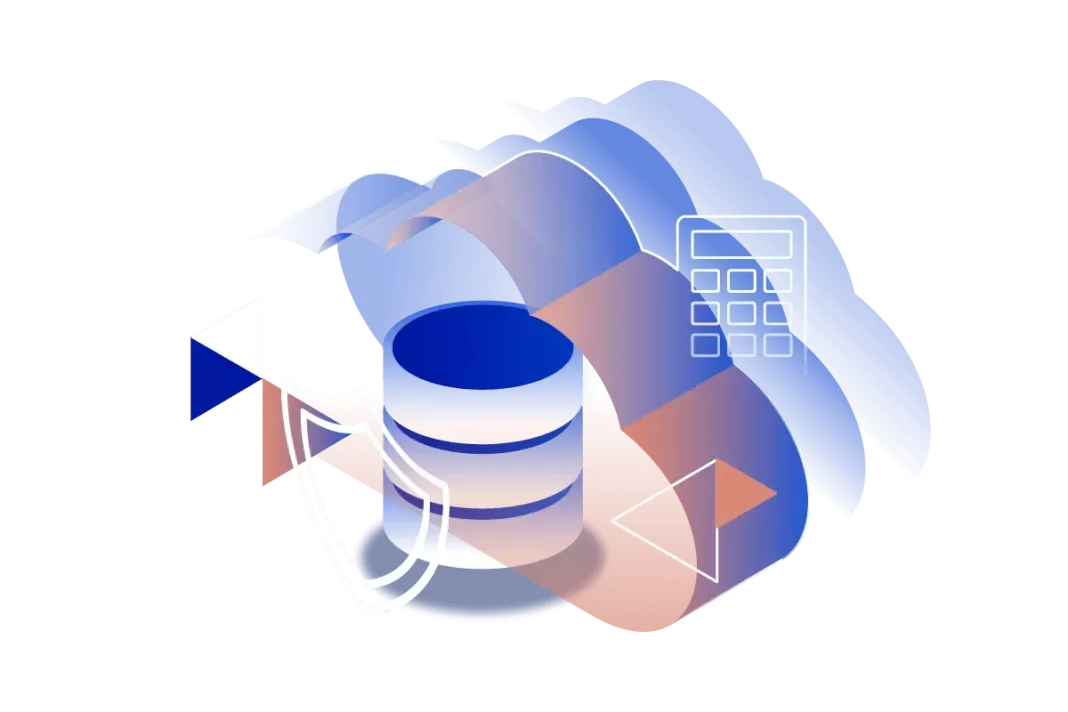MongoDB is an excellent choice for businesses looking for a cross-platform, document-oriented NoSQL database. Businesses generate significant amounts of data every day. This data must be stored and organized somewhere, and MongoDB can play a fundamental role.
Here is your business guide to MongoDB, highlighting its features, how to use it, and a preview of its capabilities.
What Is MongoDB to a Business?
MongoDB is an open-source, non-relational database system that combines the ease of use and simplicity of SQL with the power of NoSQL. It stores data using a JSON-like document structure and has a dynamic schema, allowing easy document changes. MongoDB provides indexing, querying, and aggregation services, making it an excellent choice for any modern business web application.
MongoDB Use Cases
If you need to know MongoDB’s parameters, consider these real-life examples. MetLife Stadium uses MongoDB to provide a consolidated view of customer interactions and data in ‘The Wall.’ In India, the Aadhaar project uses MongoDB to manage the world’s largest biometric database, which handles the end of large-scale data management.
OTTO, an eCommerce company, used MongoDB to revamp its catalogue application, reducing response times and enhancing user experience. Ulta Beauty upgraded its legacy systems using MongoDB before the holiday season to strengthen e-commerce shopping.
What Are the Benefits of Open-Source?
MongoDB is an excellent platform for many businesses. The technical support offered is extensive and widely available online via community forums, Atlas or Cloud Manager, Enterprise or Ops Manager. Numerous guides, tutorials, and articles for various questions and tasks exist.
How Can MongoDB Benefit My Business?
MongoDB supports multiple organizational databases, fetching and manipulating them efficiently wherever needed. Large organizations in various industries, including government, energy, and financial services use it. MongoDB can manage your critical business information while being scalable and prioritizing high availability.
How Can I Manage My Content?
MongoDB thrives if you have a website or provide digital content to your customer base. It’s a robust content management system can store and manage text, images, videos, social media integrations, and more. You can adequately store, host, and catalogue all your content by supporting structured and unstructured data.
Can I Input Any Data into MongoDB?
MongoDB uses a document-oriented data model to store different data types and structures. Whether it’s simple key-value pairs or complex nested documents, there is no need for a predefined schema. MongoDB can handle it. It can also store different content types and enable quick adjustments as content requirements alter over time.
Will MongoDB Work with IoT?
MongoDB can also enable and simultaneously manage tens of millions of IoT devices in a business setting. This is a fine example of how MongoDB can accommodate numerous data sources, leading to real-time analytics and processing. It potentially increases revenues and oversight.
What Can I Get in Analytics from MongoDB?
Real-time analytics and analytical capabilities are another reason corporations and organizations choose MongoDB. It is used frequently in mobile applications and financial services, where an organization always has a large amount of data incoming. It requires processing and analysis to deliver prompt insights and support decision-making.
Why Is Scaling and Adaptability Important?
Business needs change. The database platform you require today may differ from tomorrow. MongoDB can scale up or down as needed to meet your needs. It is agile and flexible, capable of adapting to all sorts of business applications. This is why it’s used by businesses in IoT, gaming, logistics, banking, eCommerce, content management, and more.
How Do You Scale with MongoDB?
MongoDB scales horizontally by way of sharding. This is when data is distributed across multiple servers, enabling MongoDB to support vast datasets and high throughput operations. Reengineer content management systems, adapt to variable workloads and expand database infrastructure without unnecessary costs or bloat.
Benefits of MongoDB for Business
MongoDB uses simple query syntax that is easier to grasp than SQL. Documents stored in the database are kept in different versions, assisting users in looking backward and identifying previous editions of a given piece of data.
MongoDB is easy to install, set up, and use. It uses ad-hoc query support – a nonstandard query – to gain information outside the parameters of standard queries. If an existing server cannot handle data due to its size, MongoDB automatically divides it without pausing activity.
Since most of its data is stored in RAM instead of the hard disk, its query execution is faster. MongoDB attributes increase data availability and accessibility without indexing, so the database performs significantly faster than relational databases.
Its schema is not predefined and works with non-structured data and storage. A flexible database model such as this means your business can evolve and grow, and how data is maintained can change with it.
Best Practices for MongoDB for Business
First, develop expert-level knowledge of sophisticated schema design to maximize MongoDB utilization. Learn deep indexing strategies for supporting query performance beyond embedding documents. Prime MongoDB for success in the future. Focus on comprehensive, detail-oriented structuring that anticipates future scale and query requirements.
Also, invest time in establishing rigorous validation frameworks, adhere to stringent data modelling conventions, and ensure data integrity is always maintained. This will prevent inconsistencies and keep your database reliable.

